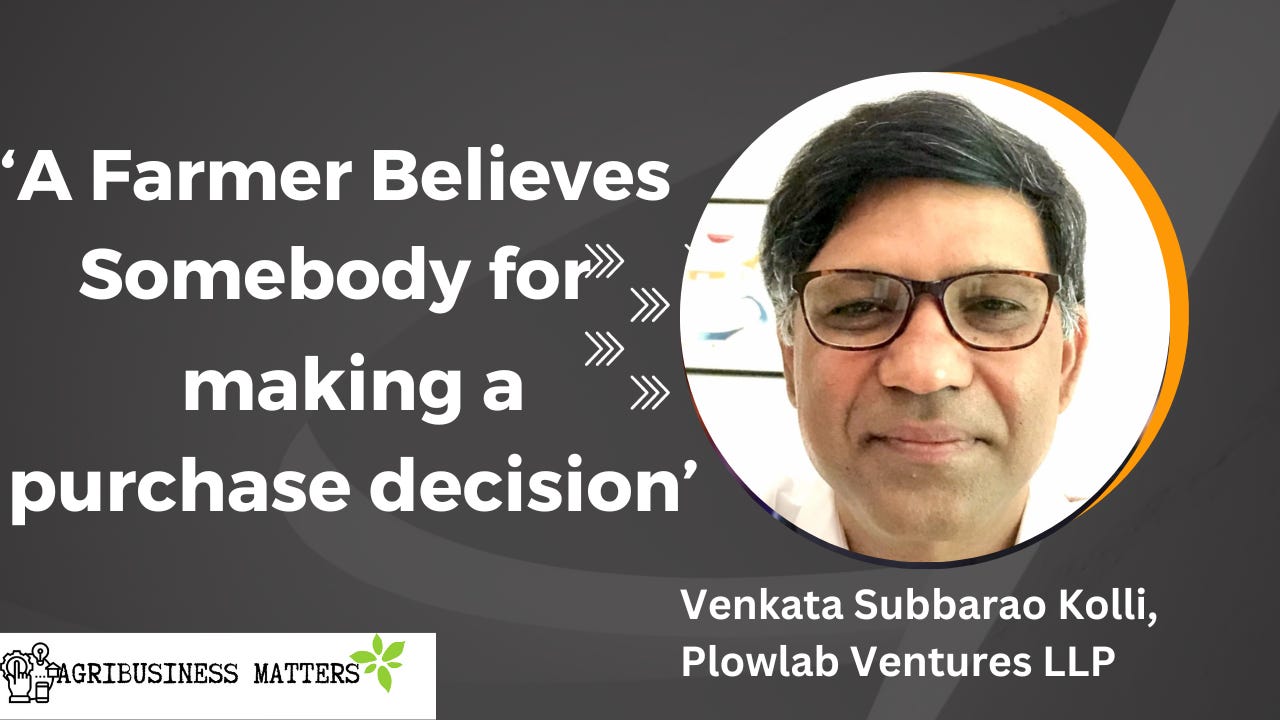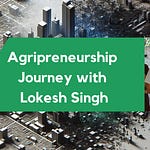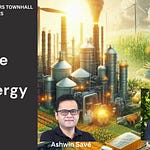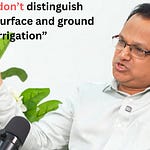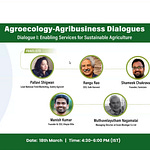Venkata Subbarao Kolli or Dr.Subbarao Garu, as I call him in this podcast, has had an illustrious thirty+ year career that could very well be a synecdoche for the evolution of agribusiness (more precisely the agri-input industry) in India.
When I recently learned that he became an investor-cum-advisor in a bunch of agritech startups focused on the upstream production side of things, after his last role leading the commercial business of Corteva Agriscience in the African Middle East region, I was eager to understand how his rich ground experience would have translated into his bets as an investor.
The conversation, as a part of my ongoing series to profile agribusiness leaders and their diverse journeys, turned out to be a delightful peek into the history of the Indian agri-input market landscape with some sharp perspectives that could emerge only from someone deep into the trenches to think in first principles.
Sample this.
While discussing his advisory investment venture, he beautifully spelled out what never changes in the changing world of agriculture.
“If you look at agriculture, six elements are fundamental. For centuries together, they have been the same. It is only technologies that probably would substitute those. Fundamentally, right?
The first one is you need soil, The second one is you probably need a seed. And third is you need nutrients. Fourth you need something to protect. And the fifth is water and the sixth one is labor, right? I think these are the six elements that are constant, and technology can only either enhance, replace..”
And, on the other end, when I asked him what have been the most significant transformations in the agri-input market landscape, his answers were equally fascinating. (You will have to listen in to find out:))
In this extremely personal conversation with opinionated agribusiness insights that stem from first principles, Subbarao Garu, talks of
How reading “Social Impact of Computers” changed his mind about the role of technology and how he fell in love with genetics and plant breeding.
How doing a Ph.D. gave him an edge in the world of agribusiness and the struggles of doing molecular biology in India during the eighties.
His early days when he joined the seed production business during the eighties and nineties and his early work on GM Mustard.
What have been the most significant shifts he has seen over the last thirty years in the Indian agri-input market landscape and what he perceives as the gap between “shift” and “transformation” in the Indian agri-inputs market landscape
His perspectives on Value Selling, the role of Push vs. Pull, and what never changes in the fundamental social relations of farmers in the market.
Whether Digital Distributors can substitute Distributors in the agri-input channel landscape.
The Cycle of Consolidation and Deconsolidation among the leading agri-input players
How the Culture of Big 6 Agri-Input Players have dictated their particular strengths and gameplays
What was the original idea behind setting up Plowlab ventures?
How to make sense of the perennial problems that bedevil Indian Agriculture and why is it important to separate man-made problems from nature-driven problems?
I hope you enjoy the conversation as much as I did.
So, what do you think?
How happy are you with today’s edition? I would love to get your candid feedback. Your feedback will be anonymous. Two questions. 1 Minute. Thanks.🙏
💗 If you like “Agribusiness Matters”, please click on Like at the bottom and share it with your friend.



